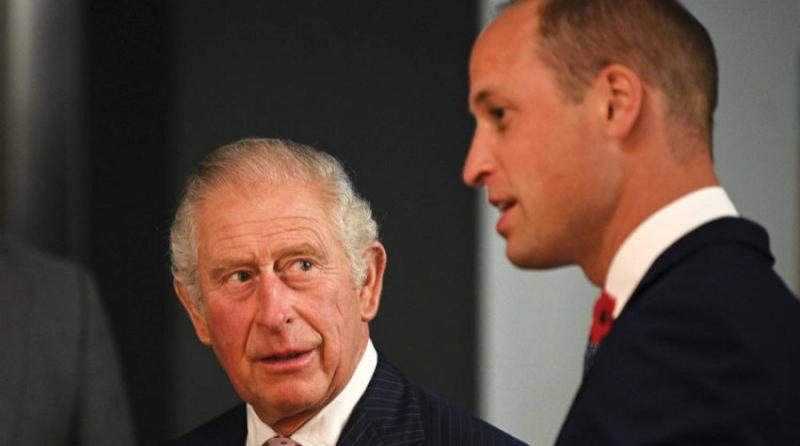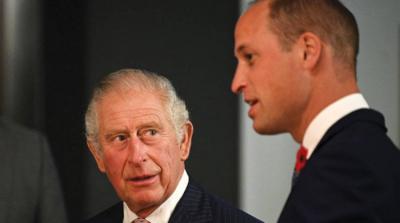Prince William will soon take on greater responsibilities than ever following the announcement of King Charles’ cancer diagnosis. The Prince of Wales, 41, recently postponed his royal engagements to be by his wife's side after the Princess of Wales underwent abdominal surgery. However, Kensington Palace announced earlier on Monday that he will resume his public duties this week by conducting an investiture ceremony on Wednesday at Windsor Castle, followed by an evening fundraising event for the London Air Ambulance.
William’s return to work is expected to be “busy,” as the heir to the British throne is likely to take on more duties to support the family by carrying out some responsibilities on behalf of his father while the King undergoes treatment. Buckingham Palace stated that the King personally contacted both the Duke of Sussex and the Prince of Wales, as well as his siblings, Princess Royal, Duke of York, and Duke of Edinburgh, to share the news of his health.
It is known that the heir, William, is in regular contact with his father. The King's diagnosis raises serious questions about the royal family's functioning, especially with fewer senior members available and the Princess of Wales not returning to work until after Easter as she recovers at their home in Windsor. William postponed his duties to be by his wife’s side and to maintain as normal a life as possible for their three children.
Buckingham Palace announced in a statement on Monday evening that King Charles, 75, has returned to London from Sandringham to begin treatment immediately. This is not related to the recent surgery and is not prostate cancer; the doctors discovered it during a medical procedure to treat benign prostate enlargement. The palace's statement said: “During the last procedure the King underwent in hospital to treat benign prostate enlargement, a separate issue of concern was noted. Subsequent diagnostic tests identified a form of cancer. The King has begun a schedule of regular treatments, during which time his doctors have advised him to postpone his public duties. Throughout this period, he will continue with state and official papers as usual.”
The statement added: “The King is grateful to his medical team for their swift intervention… and looks forward to returning to full public service as soon as possible.” The diagnosis is likely to be a "bad factor" for Charles, who was the longest-serving heir to the British throne before becoming King following the death of his mother, Queen Elizabeth, in 2022. Since then, he has started his reign with three official visits abroad, hosted two official visits to the UK, and attended hundreds of public engagements, taking on the heavy burden of official work despite being in his seventies. His aides have said he has enjoyed the challenge and deeply appreciates his royal role.
While Queen Elizabeth experienced occasional health issues over the years and underwent surgery on several occasions, including for her knee and cataracts, there was no health crisis of this magnitude until the final months of her historic 70-year reign. However, this will have a significant impact on the family life of the Prince and Princess of Wales.
They moved to Windsor 18 months ago to allow their children to enjoy a more relaxed childhood, away from royal life until necessary. Prince George, ten years old and second in line to the throne, Princess Charlotte, eight years old, and five-year-old Prince Louis all attend a local school. They settled into their new home. William and Kate’s team still resides at Kensington Palace in London, their official residence, and they travel to Windsor for meetings. Questions will inevitably arise about how feasible this will be now.
The King has enjoyed very good health throughout his life, except for suffering from a back ailment. The first indication of a health issue came on January 17, when Buckingham Palace issued a surprising statement that the King had “requested treatment” for prostate enlargement. The palace added that his condition was “benign” and that he would go to the hospital the following week for corrective surgery.
They stated that he was personally keen to share details of his diagnosis to encourage other men who may experience symptoms to get themselves checked. The National Health Service later reported a promising increase in the number of people seeking more information on their website.




